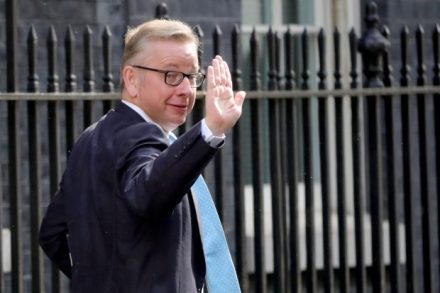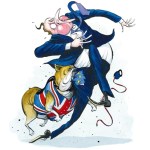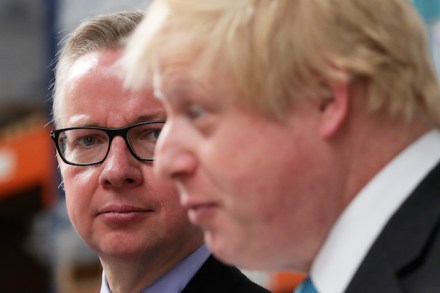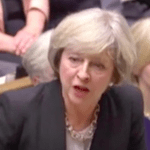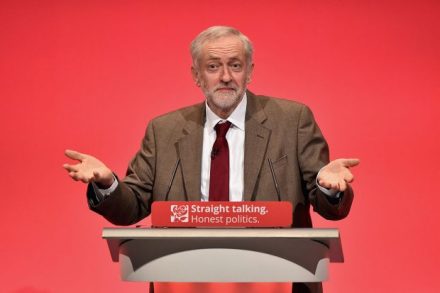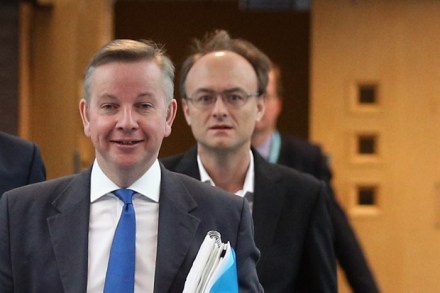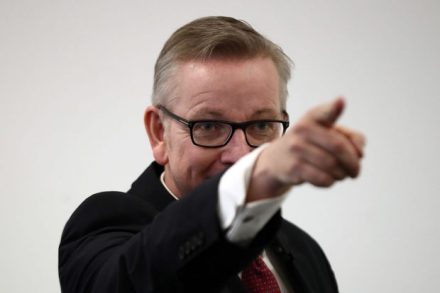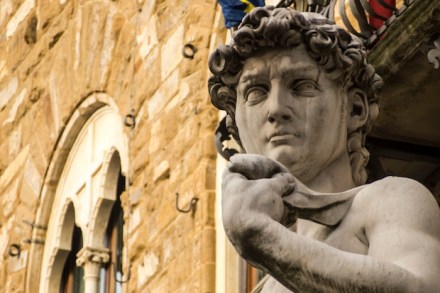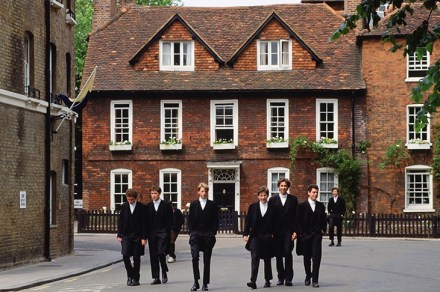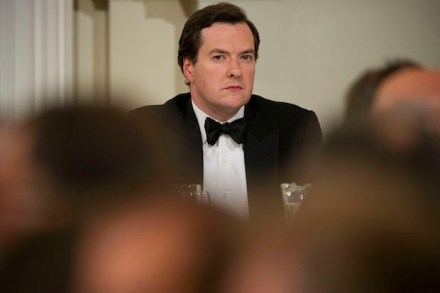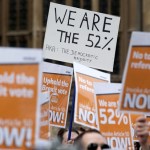What the papers say: Donald Trump’s deal with Britain
It’s difficult to escape from Donald Trump’s interview with Michael Gove in the Times this morning. The president-elect’s view that he wants a quick trade deal with Britain is not only leading a number of newspaper front pages, it’s also stirring up excitement in the editorials. Here’s what the newspapers are saying: In its editorial, the Times says its interview with the ‘refreshingly candid’ president-elect should reassure us about the prospect of a Trump presidency. Take Syria, for instance: it’s true that Trump ‘clearly grasps’ the scale of the crisis there. It’s also ‘reassuring’ to hear Trump commit to a strong Nato. And the fact he wants early talks with Theresa May on



